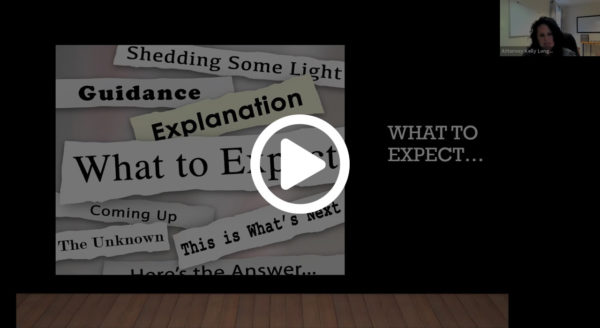The Garn–St Germain Act is a federal law that allows lenders to enter into or enforce contracts, including mortgage agreements, that contain due-on-sale clauses even if a state’s constitution or laws, including their judicial decisions, prohibit them. However, the Garn–St Germain Act lists nine situations in which due-on-sale clauses are not enforceable, including some transfers that may be relevant to your estate plan. In the nine situations specified, lenders may not enforce due-on-sale provisions in real property loans “secured by a lien on residential real property containing less than five dwelling units, including a lien on the stock allocated to a dwelling unit in a cooperative housing corporation, or on a residential manufactured home.”
This generally means that the statutory exceptions apply to due-on-sale clauses in mortgages on residential—not commercial—real estate with less than five apartments. Although we will not cover every situation involving mortgages on residential real estate in which lenders are not permitted to enforce due-on-sale clauses, the following exceptions are especially relevant when you are creating or updating your estate plan:
12 U.S.C. §1701j-3(d). The regulations implementing the Garn–St Germain Act, Preemption of State Due-on-Sale Laws, 12 C.F.R. §§ 191.1-191.6 (2018), https://www.govinfo.gov/content/pkg/CFR-2018-title12-vol1/xml/CFR-2018-title12-vol1-part191.xml, use the word “home” instead of a “residential real property containing less than five dwelling units” as stated in the text of the Garn–St Germain Act. 12 C.F.R. § 191.5(b). Those regulations also state in 12 C.F.R.§ 191.2(e) that the word “home” has the same meaning as provided in 12 C.F.R § 141.14, which states: “The term home means real estate comprising a single-family dwelling(s) or a dwelling unit(s) for four or fewer families in the aggregate.”
A transfer to a relative resulting from the death of a borrower. This situation involves the transfer of real property when one or more relatives inherits it after the borrower’s death. As long as the beneficiaries are relatives, the due-on-sale clause will not be enforced.

